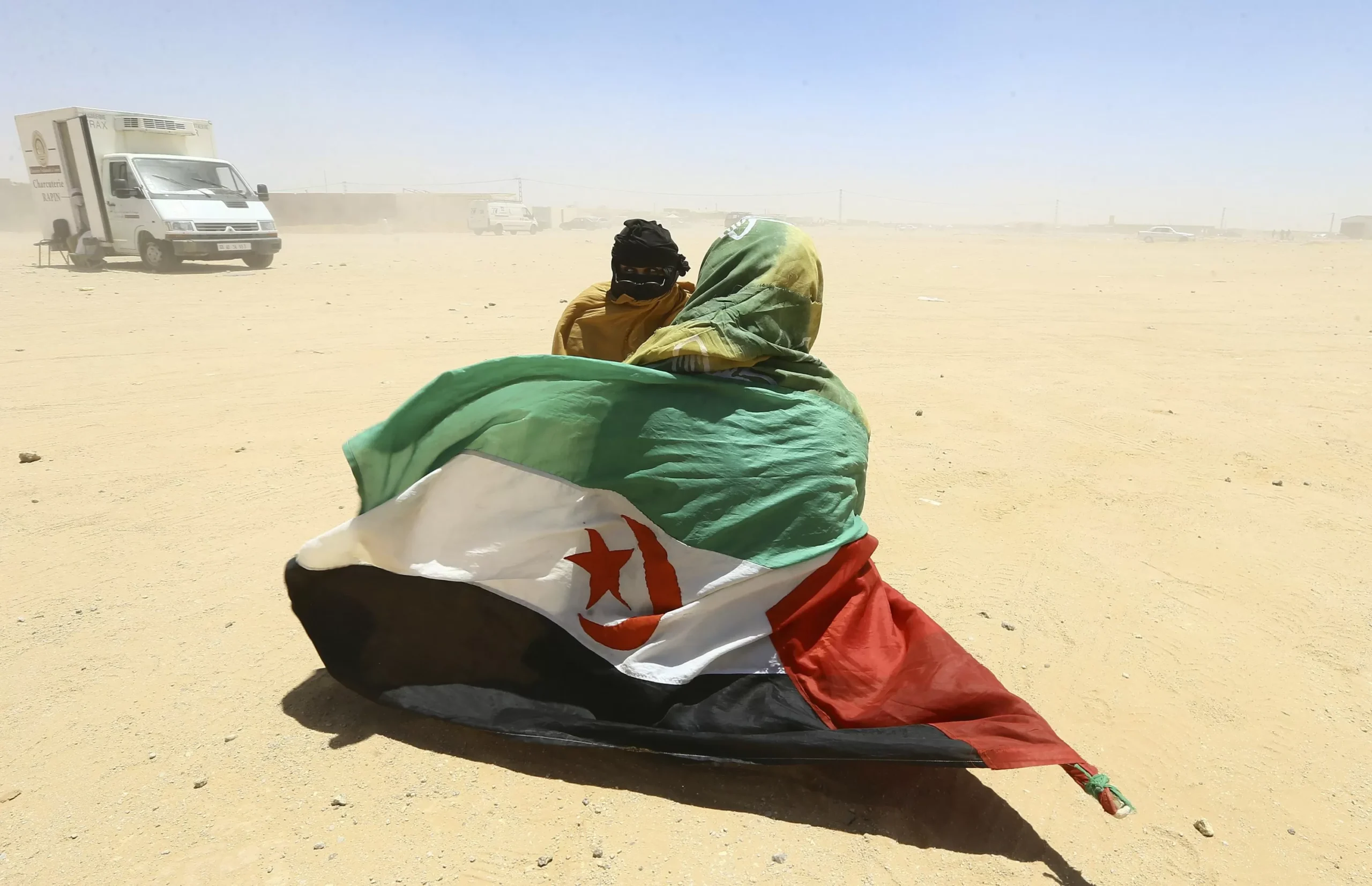Algeria has made a bold move in response to France’s recent recognition of Moroccan sovereignty in the Western Sahara region. On Tuesday, the country withdrew its ambassador from France, sending a strong message of protest and solidarity with the people of Western Sahara.
The decision to withdraw the ambassador comes after France officially recognized Morocco’s sovereignty over the Western Sahara region, a move that has been met with criticism and condemnation by many countries and international organizations. The Western Sahara has long been a disputed territory, and France’s recognition of Moroccan sovereignty has only added fuel to the fire.
But for Algeria, this is more than just a mere dispute over territory. It is a matter of principle, morals, and standing up for what is right. The country’s Foreign Minister, Sabri Boukadoum, stated that the decision to withdraw the ambassador was a response to “the repeated actions and unacceptable interference of France in Algeria’s internal affairs.” This is not the first time that Algeria has taken such measures in protest against France’s actions. In 2013, the country withdrew its ambassador for similar reasons.
Algeria’s withdrawal of its ambassador is a firm stance against France’s backing of Morocco’s sovereignty, and it sends a clear message that Algeria will not stand idly by while its neighboring country continues to occupy the Western Sahara and oppress its people. This move also serves as a wake-up call to other nations to take a stand and not be complicit in the violation of international law and human rights.
The Western Sahara region, also known as the Sahrawi Arab Democratic Republic, has been a disputed territory since 1975 when Spain ended its colonial rule over the area. Both Morocco and the Sahrawi people claim sovereignty over the land, leading to a decades-long conflict. In 1976, the Sahrawi people established the Sahrawi Arab Democratic Republic, with the Polisario Front as its governing body. However, Morocco continues to claim the territory, and the ongoing conflict has resulted in human rights abuses and the displacement of thousands of Sahrawi people.
France’s recognition of Moroccan sovereignty marks a significant shift in the country’s stance on the Western Sahara issue. It is also seen as a strategic move to strengthen ties with Morocco, a key ally in North Africa. But this move has been met with outrage and disappointment from the international community, as well as from the Sahrawi people themselves. It also goes against the United Nations’ longstanding efforts for a peaceful resolution and a referendum for self-determination in the Western Sahara.
Algeria’s decision to withdraw its ambassador is a show of solidarity with the Sahrawi people and their right to self-determination. It is also a call for France and other nations to uphold international law and respect the rights of the Sahrawi people. The move has been widely praised by human rights organizations and other countries who see it as a courageous step in the fight against oppression and injustice.
This latest development in the Western Sahara conflict highlights the need for a peaceful and just resolution. As a neighboring country, Algeria has always been a strong advocate for the rights of the Sahrawi people and has provided support to those affected by the conflict. The country continues to call for a referendum for self-determination, which has been repeatedly blocked by Morocco.
Algeria’s withdrawal of its ambassador from France is a powerful gesture that shows its commitment to standing up for what is right. It is a challenge to other nations to take a stand against injustice and not turn a blind eye to the suffering of the Sahrawi people. The withdrawal also serves as a reminder that the Western Sahara issue is far from over and that it requires a swift and peaceful resolution for the sake of the region’s stability and the well-being of its people.
In conclusion, Algeria’s decision to withdraw its ambassador from France in response to the country’s recognition of Moroccan sovereignty in the Western Sahara region is a commendable move. It sends a strong message to France and the rest of the world that Algeria will not tolerate the violation of human rights and international law. It is a call for unity and solidarity in the fight for justice and self-determination for the Sahrawi people. Let us hope that this will be a stepping stone towards a peaceful resolution and an end to the suffering of the Sahrawi people.





![Complete BritRail Pass Guide [Types, How to Use It, Pros + Cons]](https://inside-news.uk/wp-content/uploads/2025/06/00221EB4-BCA2-4DBB-6CD4-83DBC37D71FA-120x86.webp)
















